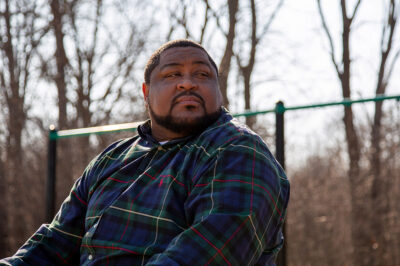Ruling a Second Time, Federal Appeals Court Upholds Ban on Internet Censorship Law
FOR IMMEDIATE RELEASE
NEW YORK – The American Civil Liberties Union today welcomed a federal appeals court ruling that a law meant to safeguard children against Internet pornography would block lawful and valuable speech for adults.
“”It’s clear that the law would make it a crime to communicate a whole range of information to adults,”” said Ann Beeson, Associate Legal Director of the ACLU. The speech at issue, Beeson noted, includes sexual advice columns, discussion boards on gynecology, and websites for a bookstore, an art gallery, and the Philadelphia Gay News, among others.
The so-called Child Online Protection Act, also known as “COPA,” made it a federal crime to use the World Wide Web to communicate “for commercial purposes” material considered “harmful to minors,” with penalties of up to $150,000 for each day of violation and up to six months in prison.
Previously, a three-judge panel of the Third Circuit had ruled the law unconstitutional on the grounds that it allowed the legality of Internet content to be judged by “contemporary community standards.” When the government appealed the case to the U.S. Supreme Court, the ACLU’s Beeson defended that decision and also argued that the law suppresses a wide range of socially valuable speech that adults have a right to communicate.
The Supreme Court kept the ban in place but sent the case back for further evaluation, asking the Third Circuit to decide the case on a wider range of First Amendment issues.
In an opinion released late yesterday, the appeals court said that the law would effectively require Web site operators to self-censor, blocking lawful and valuable speech for adults, in order to avoid criminal prosecution.
The court also said screening methods suggested by the government, including requiring Web-page viewers to give a credit card number, would unfairly require adults to identify themselves before viewing constitutionally protected material such as medical sites offering sex advice.
The government has 90 days to ask the Supreme Court to review today’s decision.
The case is Ashcroft v. ACLU, No. 99-1324. The decision is online at http://caselaw.lp.findlaw.com/data2/circs/3rd/991324p.pdf
The legal team in the case includes Beeson and Chris Hansen of the national ACLU; Stefan Presser of the ACLU of Pennsylvania; David Sobel of the Electronic Privacy Information Center; Lee Tien of the Electronic Frontier Foundation; and Christopher Harris and other attorneys with the law firm Latham and Watkins.
An ACLU web feature about the case, including links to legal papers and previous news releases, is online at /Cyber-Liberties/Cyber-Liberties.cfm?ID=12039&c=59
Stay Informed
Sign up to be the first to hear about how to take action.





